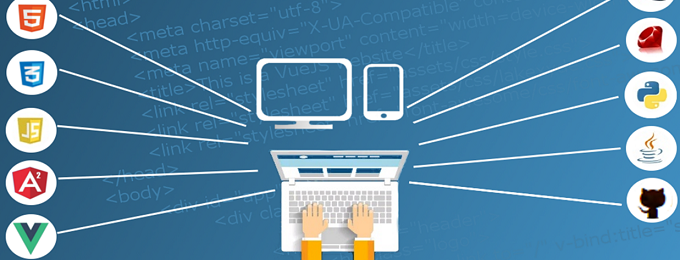COVID-19 provides unexpected impetus for the digital transformation of education. Preparations for the EU’s Digital Education Action Plan are in full speed.
COVID-19 causes a global shutdown with countries around the world securing borders, closing schools and higher education institutions, as well as urging citizens to work from home. On 13 March, European education ministers met via a video conference to discuss the measures taken and challenges experienced in the different EU Member States with regard to the education sector. While many EU Member States already have possibilities for virtual learning, the crisis has given an extra push to work on upgrading and extending such possibilities.
Against this backdrop, more and more online guides for distance learning are published. The United Nations Education, Scientific and Cultural Organization (UNESCO) has e.g. assembled an online guide with relevant overviews on measures already taken and further resources, including a list of national learning portals and a list of digital education tools. UNESCO’s data show that on 18 March 2020, 107 countries around the world had shut all schools in an effort to halt the spread of the virus SARS-CoV-2. On 16 March, UNESCO published a handbook on ‘Facilitating flexible learning during educational disruption’, based mainly on experience from China. The Organisation for Economic Co-operation and Development (OECD) published and updated on 23 March a short reflection on education and national emergency plans. Blogs, such as ‘Learning keeps going‘ and ‘theedublogger’, provide useful tips on organising online teaching due to school closure, incl. recommendations on how to prepare for it. The EU’s School Education Gateway has put together resources for online teaching and learning, with links to online lessons in key competences for lifelong learning. Corporates too are sharing resources on remote learning: e.g. Microsoft, Google. In Switzerland, the implementation of eduport, a website for the Swiss digital education area, was accelerated due to the crisis, and a full-fledged version was launched on 20 March, incl. expertise, resources and a FAQ on learning and teaching in a digital education area.
On 17 March, the Vocational Education and Training (VET) team at the European Commission’s (EC) Directorate-General for Employment, Social Affairs & Inclusion (DG EMPL) launched a survey (still open) to collect good practices in the VET sector, i.e. interesting initiatives and measures taken by VET providers and policy makers to cope with the shutdown of schools and institutes, in order to ensure that VET learners continue their school and work placements. A first analysis takes into account responses submitted until the 25 March. The 193 received responses came from 27 European countries; more than half from Spanish stakeholders and no response from Switzerland. There are few reported cases of online vocational specific material, but the EC has compiled a list of different resources collected, including resources in English, French and Italian. Suggestion for European-level action include a common platform for VET topics for online learning, support to virtual European projects, and a new Blueprint project under Erasmus+ for the health sector.
The European University Association (EUA) collects examples of how Higher Education Institutions have adopted to people staying at home via #UniversitiesAtHome on twitter. The European Association for International Education (EAIE) published a report on the effects of COVID-19 on international higher education in particular, analysing the 805 responses from 38 countries around the world (incl. from Switzerland).
The EU already provides several opportunities for online learning and exchange under the Erasmus+ programme. The Erasmus+ Virtual Exchange, which aims at connecting youth aged 18-30 residing in one of the Erasmus+ countries and the Southern Mediterranean (not open to Switzerland), is offering regular drop in sessions for newcomers. Many participants in Erasmus+ and the European Solidarity Corps (ESC) have the opportunity to take online language courses (not open to Switzerland). Equally, eTwinning, the digital platform and online community for school staff provides a room and support for virtual collaboration (not open to Switzerland). The School Education Gateway offers online resources such as virtual professional development courses (partly open to Switzerland). The future Erasmus+ programme will aim to strengthen the offers for online exchange and collaboration even more. On 24 March, the EC published a selection of online resources and tools for learners, teachers and educators in Europe.
The SARS-CoV-2 outbreak and our changed work modi make it obvious that society needs to adapt and prepare for the benefits but also for the challenges digitalisation brings. In this regard, the EC has already started working on updating the 2018 Digital Education Action Plan (DEAP). The 2018 DEAP contained eleven actions across three priorities: 1) the purposeful use of technology in education, 2) the development of digital skills and 3) the use of data for better education. The updated DEAP is currently expected for 24 June 2020. A stakeholder consultation was open until 30 March. More than 500 students, educators, researchers, and experts shared their views on education in the digital age.

